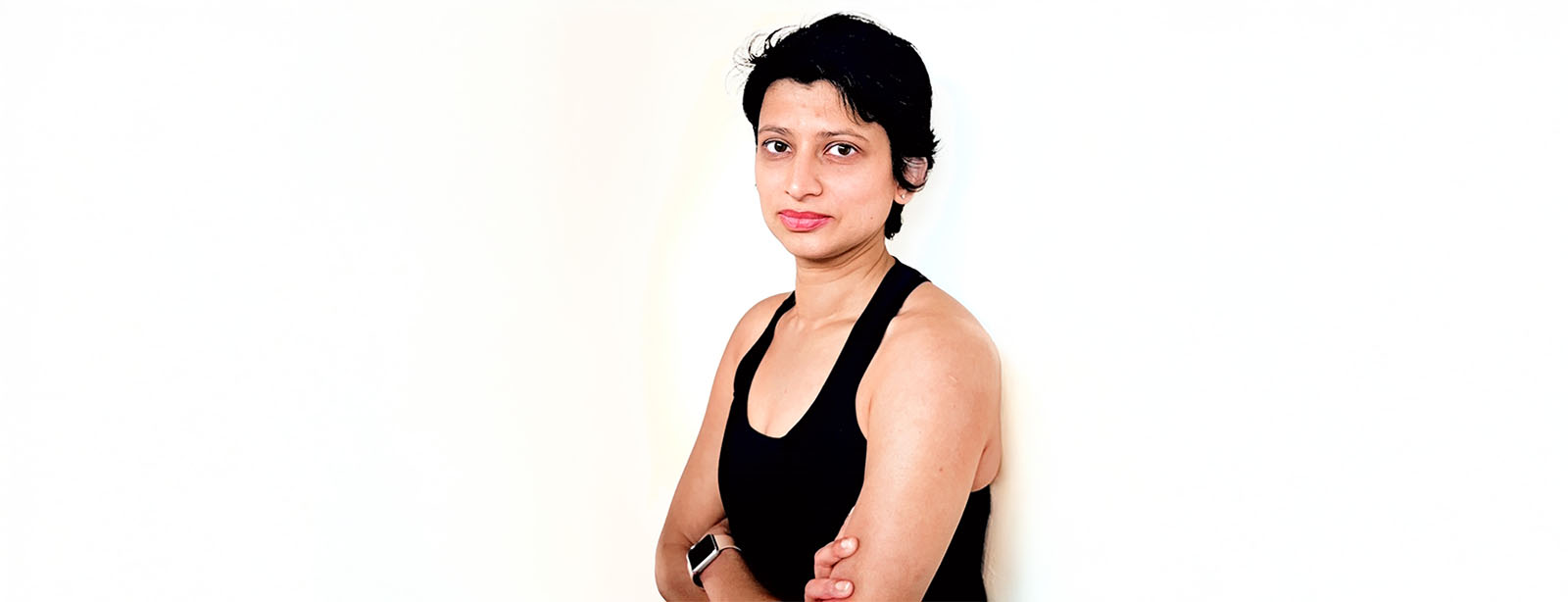Before the read
It centers on inclusivity, adaptations, and a holistic view that welcomes all ages, abilities, and beliefs.
The piece traces yoga from ancient roots to contemporary teaching that honors culture while inviting universal participation.
It highlights ongoing education, community circles for teachers, and practical ways to bring wisdom into every class.
Yoga teacher Binuta Sudhakaran teaches in the Roots of Yoga Studio out of Davis, CA, and online and says that yoga can be for anyone who is human.
“Irrespective of whether you are old or young, athletic, flexible, spiritual, religious, or atheist, your yoga practice can meet and serve you wherever you are at the moment.”
Sudhakaran explains that yoga allows us to recognize and access our connection to the universe through stillness (meditation) or movement (asana). The practice can give us a sense of peace and grounding and help heal the stress and trauma stored in our physical body and bring us back to alignment with our relationships and environment.



“When I teach asana, I provide enough variety with modifications to suit different body types. My classes involve chanting—using sound to align energies—philosophy, alignment-based asana sequences, pranayama (loosely translated as breath control), and dhyana (meditation).”
She encourages all practitioners to access their inner wisdom while practicing so they can take what resonates with them and leave behind what does not.
Yoga’s Rich History and Meaning
Sudhakaran provides further background on the history of yoga, which dates back to a time before known language existed.
“The Pashupati seal, a clay seal of a figure seated in asana, dates back to the Indus Valley 5000 years ago. The oldest sacred text in existence, the Rig Veda, mentions yoga as a technique to still the mind. Physical poses, asanas, evolved much later, and even then, there were only about eight of them as preparation for meditation.”
She explains how yoga is a diverse body of knowledge that continually morphed and merged over time, borrowing from diverse Vedic, Tantric, and ascetic traditions. The third-century sage Patanjali codified the practice into eight steps or limbs (Ashtanga yoga), which is the precursor to modern yoga.
During the British colonization of India, the more esoteric elements were banned or went underground, leaving the focus on physical movement. This was the form of yoga that was exported to the Western world.

When asked how Westerners and non-South Asians can practice yoga respectfully without cultural appropriation, she again highlights that yoga can be for everyone who approaches it with curiosity.
“Staying open and curious about our experiences at every moment helps us recognize when we’re appropriating practices to mold to our worldview. Recognizing that we’re a conduit of learning and approaching these practices as they are, and not through the lens of our personal experience, allows us to access the deeper meaning of yoga.”
Learning and Teaching Accessible Yoga
“At this moment, I’m focused on shining light on the elements of yoga that got lost as it traveled to the west. To that end, I work with teacher training programs delivering modules of history, culture, and philosophy. I offer pranayama, meditation, and other practices that serve to enhance a strong asana practice. I also offer mentoring for spiritual seekers and teachers who might want guidance on accessing some of these teachings and incorporating them into their classes or personal practice.”
She explains that the teacher-student relationship is a vital part of yoga. She considers herself a learner as well as a teacher, and although she’s practiced under many amazing teachers throughout her life, she’d still love to find a go-to teacher to reach out to during her journey. And she would like to use her website talks and practices to offer that relationship to other learners.

“As a way to show gratitude for the teachers in my life, I have created a monthly circle for yoga teachers where we hold space for each other, discuss concerns that come up in class, and explore various topics within this vast ancient wisdom tradition. Since both my learning and teaching process is constantly evolving, my hope is that what I have to offer may help those who are on the path as I am.”
Women in Yoga
As for being a woman in the yoga world, Sudhakaran says that she doesn’t approach yoga through the lens of gender. However, some poses are tailored to women’s bodies, although they can be practiced by most people.
She mentions that although historically, Hatha yoga, where movement in yoga originates, was a male-only practice in ancient India, women practiced several other forms of yoga that involved study and service to others.

As for more modern women in yoga, “Asana opened up to women primarily through Indra Devi, who was a student of Krishnamacharya in Mysore in the 1940s. She brought asana to Hollywood, and the rest is history!”
Universal Quest for Wisdom
To her, yoga is about the universal quest for understanding and wisdom, regardless of gender.
“At the end of the day, we’re still asking the same questions as the yogis did thousands of years ago. Who am I, why am I here, and what’s next for me? The human mind hasn’t changed. The environment has, but the questions remain the same.”
More by this author
The Wrap
- Accessible Yoga with Binuta Sudhakaran shows how yoga can honor tradition while welcoming every body and background.
- Emphasis on modifications, chant, philosophy, pranayama, and meditation to support diverse practitioners.
- A concise look at yoga’s evolution from ancient practices to Western adoption and current inclusive methods.
- The article discusses avoiding cultural appropriation and approaching practice with curiosity and humility.
- Sudhakaran prioritizes ongoing learning, mentor circles for teachers, and a platform for deeper teachings beyond asana.
- Explores the role of women in yoga history and contemporary practice without reducing practice to gender.
- This analysis centers on the main keyword and related long-tail topics to boost discoverability for readers and AI discovery.



















